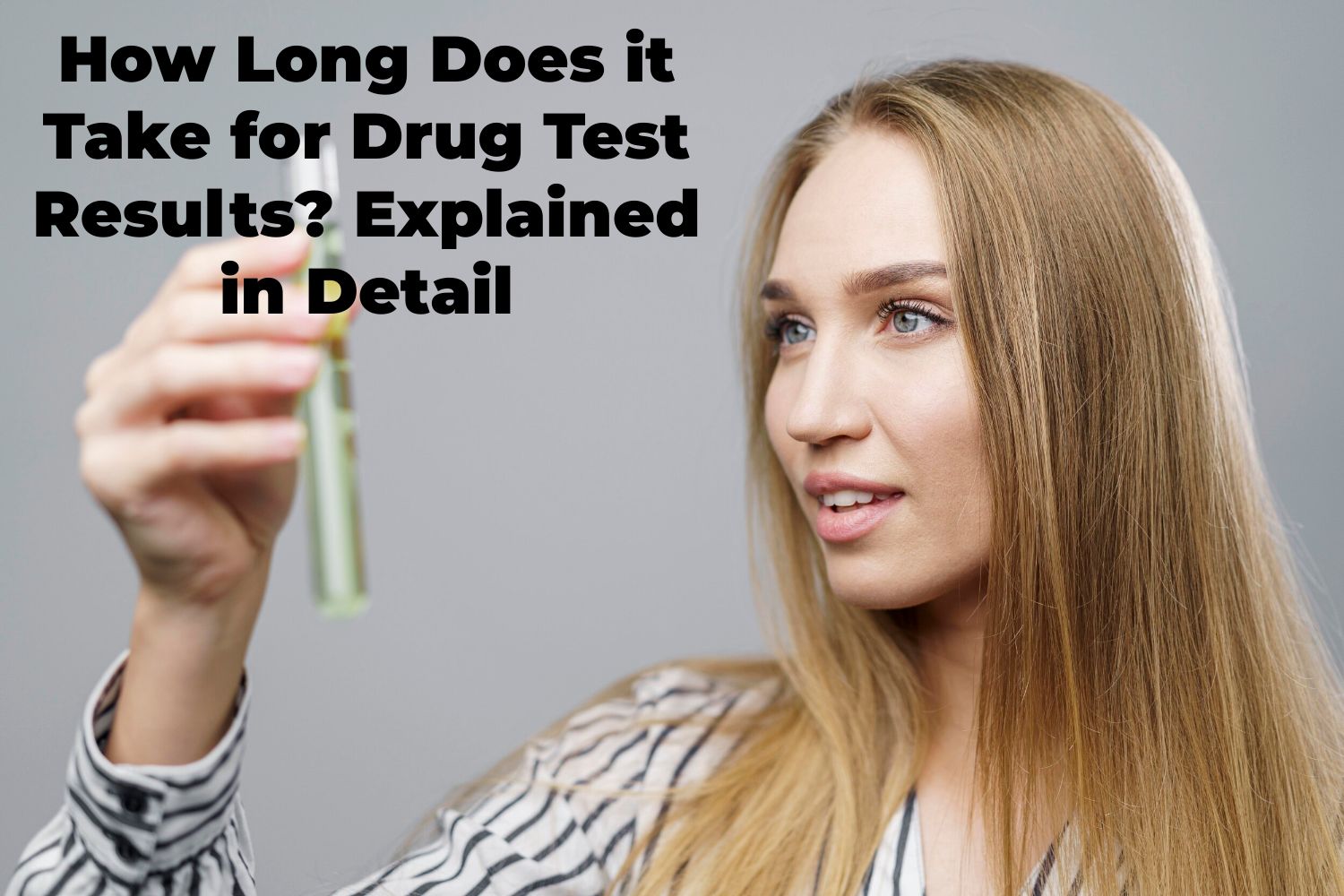False Positives and Cross-Reactivity: Navigating Mushroom Consumption in Drug Testing
Last Updated on December 24, 2023 by Lily
In the intricate web of drug testing, the specter of false positives looms, and the phenomenon of cross-reactivity adds an extra layer of complexity, especially when examining substances like psilocybin found in certain mushrooms. This in-depth exploration delves further into the nuances of false positives, the intricate concept of cross-reactivity, and the profound impact that mushroom consumption can have on various drug tests.
Understanding False Positives in Drug Testing
What Constitutes a False Positive?
A false positive occurs when a drug test erroneously indicates the presence of a substance that is not actually present in the body. The occurrence of false positives is not uncommon and is influenced by various factors.
Factors Contributing to False Positives
Examine the common factors that contribute to false positives in drug tests, ranging from issues with testing methodologies to cross-reactivity with other substances and external factors that can influence test results.
Cross-Reactivity: Peeling Back the Layers
The Intricacies of Cross-Reactivity
Cross-reactivity introduces a layer of complexity in drug testing, where a substance structurally similar to the target compound triggers a positive result. Delve deeper into the concept of cross-reactivity, especially concerning the presence of psilocybin or its metabolites in drug tests.
Cross-Reactivity in Immunoassays
Immunoassay-based drug tests, commonly used in initial screenings, may exhibit cross-reactivity with compounds structurally akin to the target substance. Explore how cross-reactivity plays a pivotal role in generating false positives, particularly concerning mushrooms.
Unraveling Cross-Reactive Compounds in Mushrooms
Shed light on the compounds present in mushrooms, such as psilocybin and psilocin, and their structural similarities to substances targeted in certain drug tests. This section underscores the potential for cross-reactivity in individuals who have consumed mushrooms.
Impact of Mushroom Consumption on Specific Drug Tests
Urine Tests: Unmasking Psilocybin Metabolites
Urine tests, a staple in drug screening, may detect psilocin, the metabolite of psilocybin. Gain insights into the detection window and the myriad factors influencing false positives in urine tests post-mushroom consumption.
Blood Tests: Immediate Presence and the Cross-Reactivity Conundrum
Blood tests offer real-time insights but may not be immune to cross-reactivity. Explore how the immediate presence of psilocin in the bloodstream and cross-reactive compounds pose challenges to the accuracy of blood test results.
Hair Tests: Incorporating Psilocybin Metabolites into Strands
While less commonly employed for psilocybin, hair tests provide a more extended detection window. Investigate how psilocybin metabolites become integrated into hair follicles and whether cross-reactivity introduces hurdles in hair testing.
Saliva Tests: Short-Term Detection and the Cross-Reactivity Quandary
Saliva tests offer short-term insights but may be influenced by cross-reactivity. Uncover the timeframe during which psilocin can be detected in saliva and the potential for false positives due to cross-reactive compounds.
Mitigating Factors and Considerations
The Role of Individual Variations in Response
Individuals respond uniquely to substances, and factors such as metabolism and overall health can sway the likelihood of false positives. Explore the intricate ways in which individual variations contribute to drug test outcomes.
Dosage and Frequency of Mushroom Consumption
The dosage of mushrooms ingested and the frequency of use wield influence over the concentration of psilocin in the body. Discuss how these factors may contribute to false positives in drug tests and the inherent challenges in establishing standardized thresholds.
Legal Implications and the Uphill Battle
Consider the legal ramifications of false positives in drug tests, particularly in jurisdictions where psilocybin is deemed a controlled substance. Discuss the challenges individuals face when contesting inaccurate results and the broader implications in legal contexts.
Navigating the Complexity: Recommendations and Best Practices
The Imperative of Educating Testing Personnel
Stress the importance of comprehensive education for testing personnel regarding the potential for false positives and cross-reactivity related to mushroom consumption. Encourage open communication to ensure accurate interpretation of results.
Confirmatory Testing and the Assurance of Accuracy
Highlight the significance of confirmatory testing methods, such as gas chromatography-mass spectrometry (GC-MS) or liquid chromatography-mass spectrometry (LC-MS), in verifying results and minimizing the likelihood of false positives.
Transparent Communication in Legal and Professional Settings
Emphasize the crucial role of transparent communication, especially in legal and professional settings. Individuals who have consumed mushrooms should openly communicate about their experiences to avoid misunderstandings and ensure fair treatment.
Frequently Asked Questions (FAQs) About Mushroom Consumption and Drug Testing
1. What is a false positive in drug testing?
A false positive in drug testing occurs when the test incorrectly indicates the presence of a substance that is not actually present in the body.
2. How common are false positives in drug tests?
The occurrence of false positives can vary, and it depends on factors such as the testing methodology, the presence of cross-reactive compounds, and individual variations in response.
3. What is cross-reactivity in the context of drug testing?
Cross-reactivity refers to the phenomenon where a substance structurally similar to the target compound triggers a positive result in a drug test.
4. How does cross-reactivity affect the accuracy of drug tests?
Cross-reactivity can lead to false positives by causing the test to react to compounds other than the targeted substance, potentially impacting the accuracy of drug test results.
5. Can mushrooms cause false positives in drug tests?
Yes, mushrooms, particularly those containing psilocybin, can lead to false positives in certain drug tests due to the cross-reactivity of psilocin (a metabolite of psilocybin) with the testing reagents.
6. Which drug tests are more susceptible to false positives from mushroom consumption?
Urine tests, blood tests, and saliva tests may be more susceptible to false positives from mushroom consumption, depending on the compounds present in the mushrooms and the testing methodology used.
7. How long after mushroom consumption can false positives occur in drug tests?
The timeframe for false positives after mushroom consumption can vary depending on the type of test. Urine tests may detect psilocin for up to 24 hours, while other tests may have different detection windows.
8. Can individual variations in metabolism impact the likelihood of false positives?
Yes, individual variations in metabolism, including factors such as genetics and overall health, can influence the likelihood of false positives in drug tests.
9. What steps can be taken to mitigate the risk of false positives due to mushroom consumption?
Mitigating the risk of false positives involves educating testing personnel, utilizing confirmatory testing methods, and promoting transparent communication, especially in legal and professional settings.
10. Are there legal implications associated with false positives in drug tests related to mushroom consumption?
Legal implications can vary by jurisdiction. In areas where mushrooms containing psilocybin are considered controlled substances, false positives could have legal ramifications.
11. Can confirmatory testing methods distinguish between false positives and actual drug use?
Yes, confirmatory testing methods such as gas chromatography-mass spectrometry (GC-MS) or liquid chromatography-mass spectrometry (LC-MS) are more specific and can help distinguish between false positives and actual drug use.
12. How important is transparent communication about mushroom consumption in legal and professional settings?
Transparent communication is crucial in legal and professional settings to avoid misunderstandings. Individuals who have consumed mushrooms should openly communicate about their experiences to ensure fair treatment.
Conclusion: Navigating the Maze of False Positives and Cross-Reactivity
In the labyrinth of drug testing, where accuracy is paramount, navigating the complexities of false positives and cross-reactivity, particularly concerning mushroom consumption, demands a nuanced understanding. As our comprehension of substances like psilocybin evolves and societal attitudes shift, addressing these challenges responsibly becomes imperative. This comprehensive exploration serves as a guiding beacon for individuals, testing personnel, and policymakers alike, offering insights to navigate the intricate landscape of drug testing with precision, ensuring accurate results and fair treatment in various contexts.
Related Posts

How Long Does it Take for Drug Test Results? Explained in Detail

Prozac Withdrawal and Pregnancy: Navigating a Delicate Balance

Pre-Employment Drug Test: What You Need to Know
About Author
Lily
I'm Lily, a freelance writer with a deep understanding of Healthcare. Based in the United States, I specialise in creating high-quality content on a wide range of Health topics, from urgent care and medical and hospitality.
